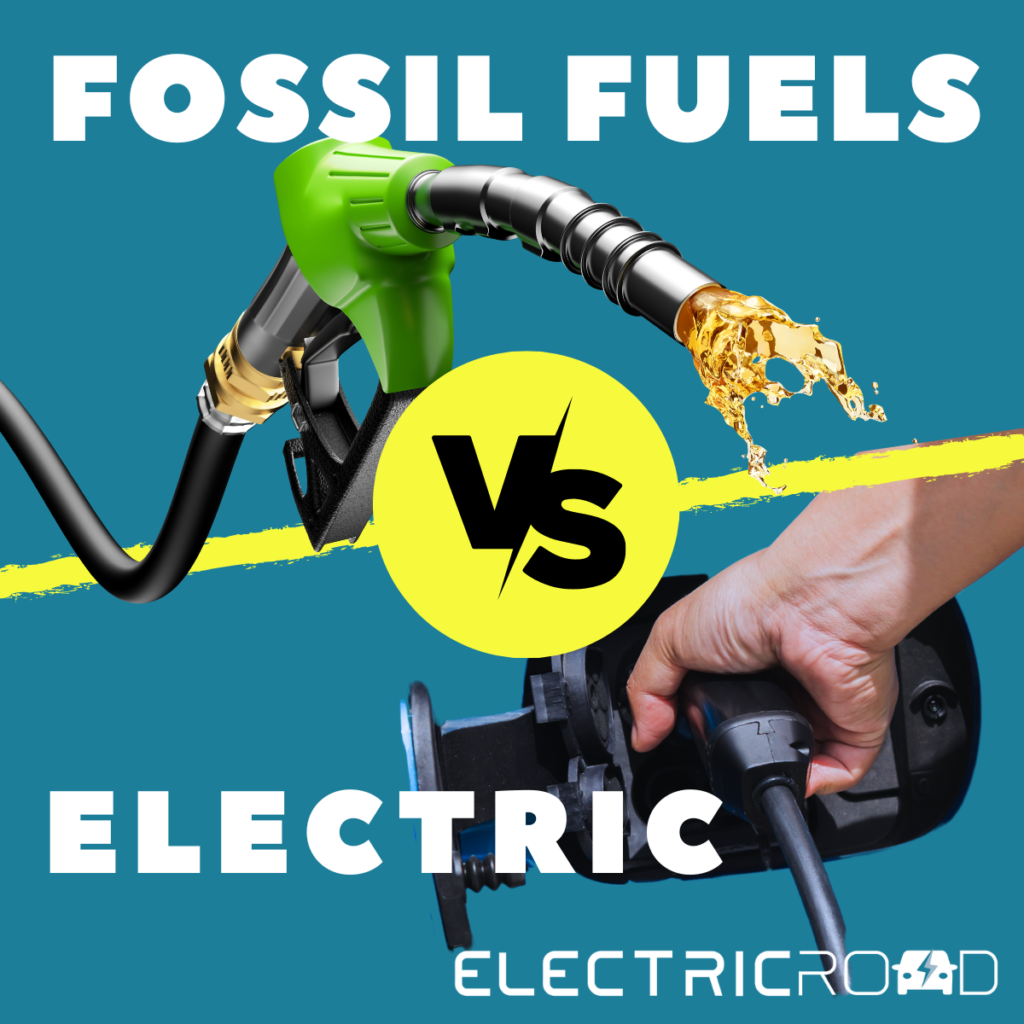The past two decades have seen the UK automotive sector maintain its position as one of the country’s most important economic assets. Turnover is up 25.7% since 1999, to £60.2 billion last year, with a more than three-fold increase in R&D spending over the same period. However, the past year has seen the industry hit hard by the pandemic with automotive sector turnover down by -24.6%.
Automotive brands are investing billions into the development and production of new zero-emission models. In 2020 electric vehicles accounted for more than one in 10 registrations, with a 90% increase in the number of plug-in hybrid vehicles (PHEVs) alone. Today there are some 130 plug-in car models from which UK drivers can choose, with an increasing number of these made in Britain.
Last year UK production of battery electric (BEV), plug-hybrid (PHEV) and hybrid vehicles (HEV) rose to 18.8% of all cars made, up from 14.8% in 2019, with BEVs increasing to a 4.5% share, up from 3.4%. These vehicles are also being made more sustainably with -14.2% less energy and -36.8% less water used on average per vehicle than at the turn of the millennium, total combined waste to landfill down -98.7% and CO2 equivalents per vehicle produced falling -36.5%. However due to efficiency losses caused by reduced production throughout the pandemic, year-on-year energy, waste to landfill and water usage increased per vehicle by 11.2%, 19.9% and 8.3% respectively.
Despite this progress, the report highlights the scale of the challenge ahead. Commitments by car makers should result in an expected 300 plug-in models for buyers to choose from by 2025, more than doubling the current availability. If the electric revolution is to work for all, however, similar fast progress needs to be made in other areas, most notably in the provision of charging infrastructure. Ambitious mandated targets need to be set for the charging industry that match the automotive sector’s ambition and rapidly increasing needs of today’s businesses and consumers.
Get our FREE ‘GUIDE TO THE BEST EVs’ e-mailed directly to your inbox
In the year the UK hosts the UN COP26 climate conference, the latest Sustainability Report outlines the approach taken by many major automotive manufacturers to deliver society’s climate change ambitions. As part of the global Science Based Targets initiative (SBTi), manufacturers have committed to specific targets for emission reduction both in terms of vehicle production and use. These are aligned to climate science with the aim of meeting the goals agreed at COP21 – limiting global warming to well-below 2°C above pre-industrial levels and pursuing efforts to limit warming to 1.5°C. Indeed, many signatories to the report have made a pledge to reach net zero by 2050 – with many expecting to achieve this well in advance.
In addition to environmental achievements, social change is also high on the automotive agenda. Despite the challenging market conditions, companies continue to invest in employee development, training, and apprenticeships. New jobs create more opportunities to increase the sector’s diversity, so it better reflects the communities from which it recruits and the market into which it sells products and services.
Although the pandemic negatively impacted jobs across the industry, one in eight people working for the report’s signatories is now female – the highest proportion since the SMMT reviewed gender. This is, however, illustrative of just how much progress needs to be made and is only one attribute of diversity which must be addressed. All parties remain committed to progress across all business areas to create a more diverse workforce to drive this transformation.
With production lines shuttered for much of 2020, many companies used the spare capacity to repurpose production lines to produce essential PPE and for ventilator manufacturing to support the NHS, with OEMs alone donating 130,000 PPE items to medical workers and care homes. As part of ongoing support to local communities and wider society, report signatories made almost nine million pounds in cash donations and more than 83,000 hours of employees’ time was spent helping local causes.
Mike Hawes, SMMT Chief Executive, said: “The impact of the pandemic on a sector such as automotive, one which depends on global supply lines, strong consumer demand and a highly skilled workforce, was always going to be severe. As the latest Sustainability Report shows, economic and market growth stalled with many factories shuttered and retail closed.
“Yet the pandemic also proved the importance of the sector as it turned its capabilities to PPE and ventilator manufacture and assured the nation’s mobility through the continued servicing and repair of vehicles. Despite the adversity, the industry’s commitment and investment in zero emission vehicles remained undiminished, delivering the best-ever single year of fleet average carbon reduction. Much more needs to be done on this and so many other sustainability indicators, to which the sector looks to the Government to ensure the framework, incentives and infrastructure exist to enhance our competitiveness and deliver the sustainable future society demands.”
More detail on UK automotive is available in SMMT’s Motor Industry Facts 2021 publication at smmt.co.uk/facts21










